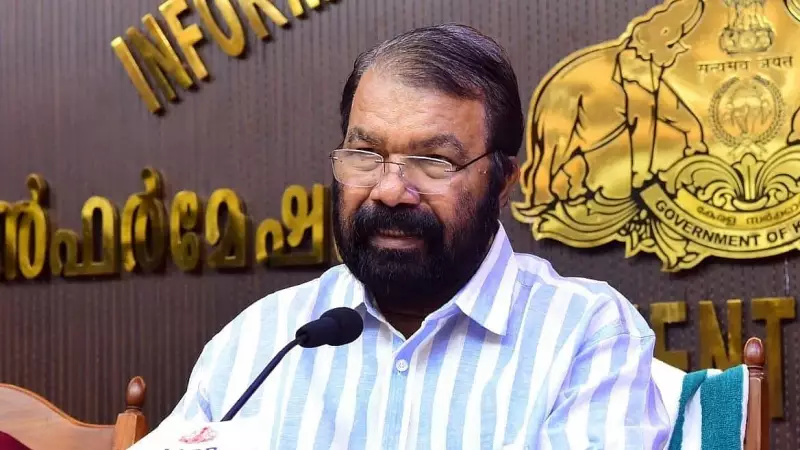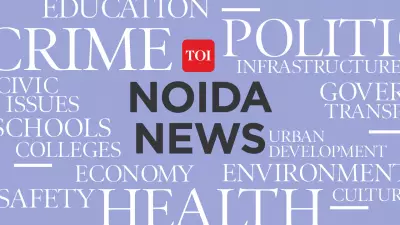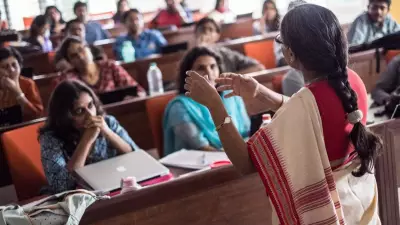
In a groundbreaking development for India's education landscape, Kerala's Education Minister V Sivankutty has revealed that states across the country now possess the authority to publish their own school textbooks under the National Education Policy (NEP) 2020 framework.
A New Chapter in Educational Autonomy
The minister made this significant announcement during a recent session of the Kerala Legislative Assembly, highlighting a major shift in educational governance. This policy change represents a substantial departure from previous centralized textbook systems, granting states unprecedented freedom in curriculum development and educational content creation.
Kerala's Progressive Stance
Kerala has emerged as a frontrunner in embracing this new autonomy, with the state government already initiating the process to develop and publish textbooks for the upcoming academic year. "The NEP authorizes states to bring out school textbooks," Minister Sivankutty confirmed, underscoring the state's readiness to leverage this new-found educational independence.
Benefits of Decentralized Textbook Development
- Cultural Relevance: States can now incorporate local context, regional history, and cultural elements into their educational materials
- Flexible Curriculum: Enhanced ability to tailor content to meet specific state-level educational requirements and learning objectives
- Innovative Approaches: Opportunity to implement modern pedagogical methods and contemporary teaching methodologies
- Rapid Updates: Faster adaptation to changing educational needs and emerging knowledge areas
Implementation Timeline and Process
The Kerala government has already commenced preparatory work for the state-level textbook publication initiative. Educational experts, subject matter specialists, and experienced teachers are being mobilized to develop comprehensive and high-quality textbooks that align with both national standards and regional educational priorities.
This policy shift marks a significant milestone in India's educational evolution, potentially setting the stage for more contextualized and region-specific learning experiences for students across the country.





